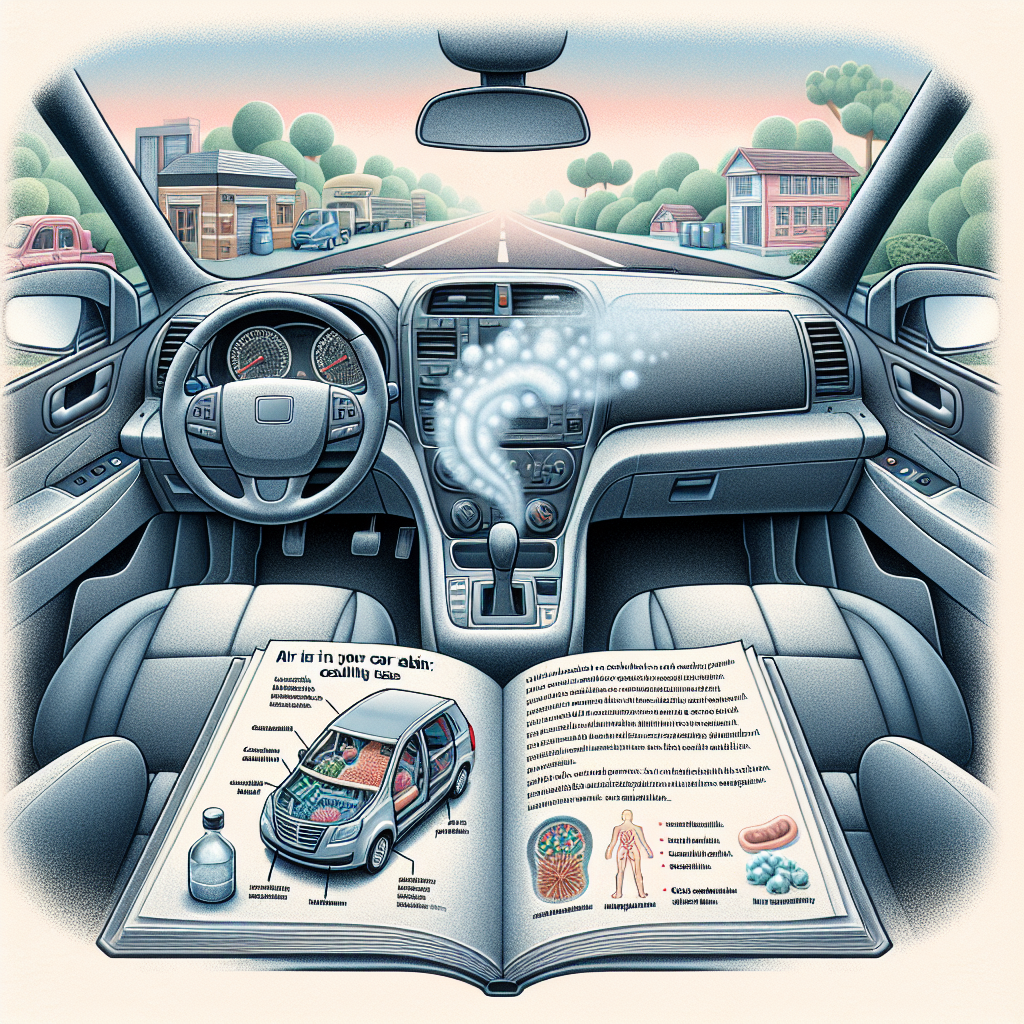Study Finds Harmful Flame Retardants in 99% of Cars Analyzed

Harmful Flame Retardants Found in Vehicle Cabin Air
A recent study conducted by the Central Pollution Control Board (CPCB) sheds alarming light on the air quality within vehicles. Analyzing the cabin air of 101 vehicles—spanning electric, gas, and hybrid models produced from 2015 to 2022—researchers uncovered troubling results regarding flame retardants.
Key Findings of the Study
- Prevalence of TCIPP: The research indicated that 99% of the examined vehicles contained TCIPP (Tris(1-chloro-2-propyl) phosphate), a flame retardant commonly used in various materials within cars.
- Carcinogenic Threats: In addition to TCIPP, the study identified two other flame retardants:
- TDCIPP (Tris(1,3-dichloro-2-propyl) phosphate)
- TCEP (Tris(2-chloroethyl) phosphate)
These chemicals are known not only for their role as flame retardants but also for being carcinogenic, posing serious health risks.
Health Risks Linked to Flame Retardants
The presence of these chemicals in vehicle interiors raises significant concerns for consumers:
- Carcinogenic Properties: TDCIPP and TCEP are linked to various forms of cancer.
- Neurological Issues: Exposure to these chemicals may result in adverse effects on brain development and function.
- Reproductive Concerns: Potential reproductive issues associated with these compounds warrant further investigation.
Implications for Consumers
As awareness around air quality and chemical exposure increases, understanding the risks associated with vehicle cabin air is essential. Consumers may want to consider these findings when purchasing vehicles, advocating for cleaner, safer alternatives.
Conclusion
The CPCB study serves as a wake-up call for both manufacturers and consumers regarding the chemical safety of vehicles. With the alarming statistics on flame retardants, it is crucial to push for transparency and regulations aimed at reducing harmful substances in automotive environments. Stay informed and make thoughtful choices for a healthier future.
